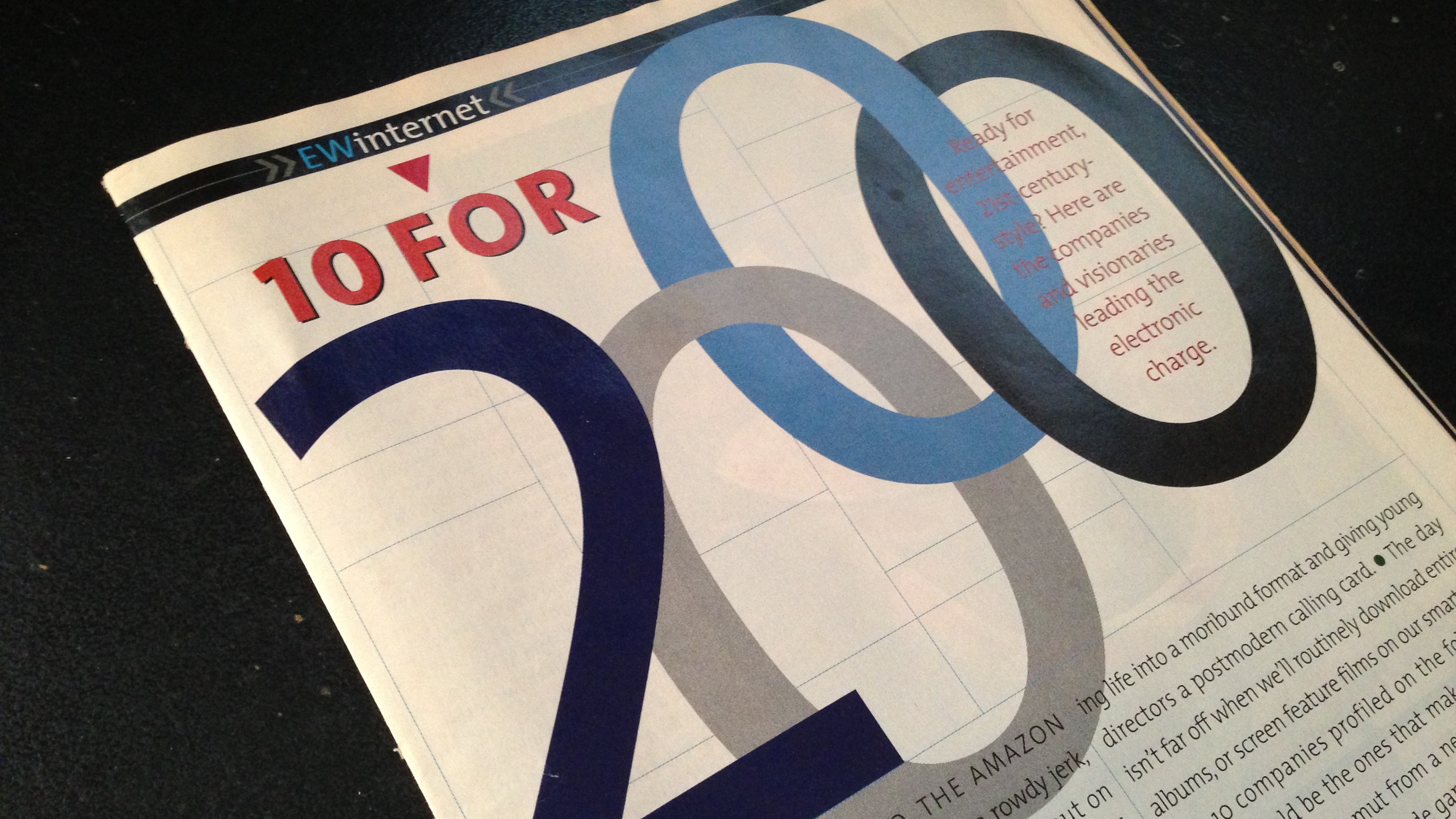Every week, I shine the spotlight on some of the best storytelling in the business and offer my comments. “3 Great Stories of the Week” will post every Monday at 8 AM.
How do you tell the stories that tell themselves?
These days, it seems, you don’t.
When great moments happen, people share the moments themselves in ways they previously could not. So when Mariano Rivera cries after his final pitch at Yankee Stadium, people can now share the clip from the TV broadcast with each other online. (That’s what I did, frankly …) Same goes for when Louis C.K. drops another instant-classic comedy bit on a late-night talk show.
But moments demand stories, and stories demand storytellers.
So, what is the solution? Below, I offer three examples of how to work with a moment to tell a unique story:
Mariano Rivera says goodbye in an emotional final appearance at Yankee Stadium (9/26/13, New York Daily News): In the case of Mr. Rivera, a writer cannot possibly describe or capture the moment as well as the moment itself.
But the writer can provide context.
Mark Feinsand of the New York Daily News does that here. Since we already know the who, what, when, and where of this moment, Feinsand does the natural thing and finds the two missing links: how and why. He takes you through the thought process of manager Joe Girardi, who orchestrated the moving moment of having longtime Yankees Derek Jeter and Andy Pettitte remove Rivera from the game. He recounts the post-game comments of all three players involved, who provide a sincerity and openness rarely seen in pro athletes.
Many columns after the game focused on what Rivera could have been thinking during that moment, without actually figuring out if they were right. Feinsand goes to the source, and thus he provides an example of where straight reporting is valuable and complimentary to the action itself.



